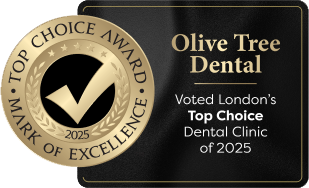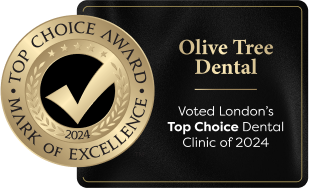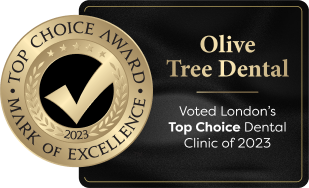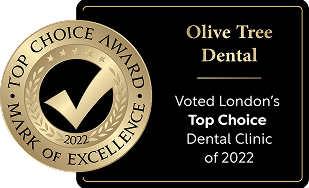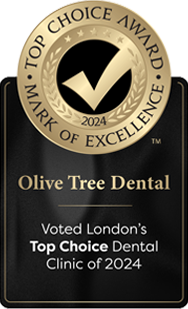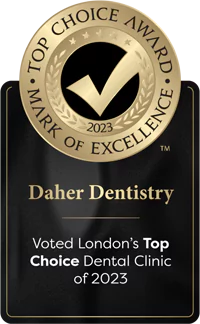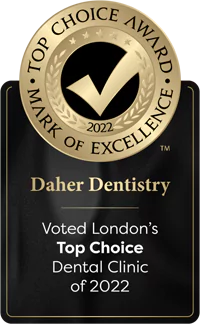Should I Get My Teeth Cleaned in 2022?
A lot of people fear having their teeth cleaned. With the constant prodding, bizarre sounds, and the occasional jaw pain, it’s easy to understand why they are scared. However, for most teeth cleanings, it’s an effortless procedure. Knowing what is going on throughout the process can reduce anxiety and let you thoroughly enjoy the fresh minty results.
The types of teeth cleanings:
There are a variety of dental cleaning techniques, the most suitable for you will depend on the condition of your mouth and your age.
- Child Teeth Cleaning
- Adult Teeth Cleaning
- Deep Cleaning
- Periodontal Maintenance
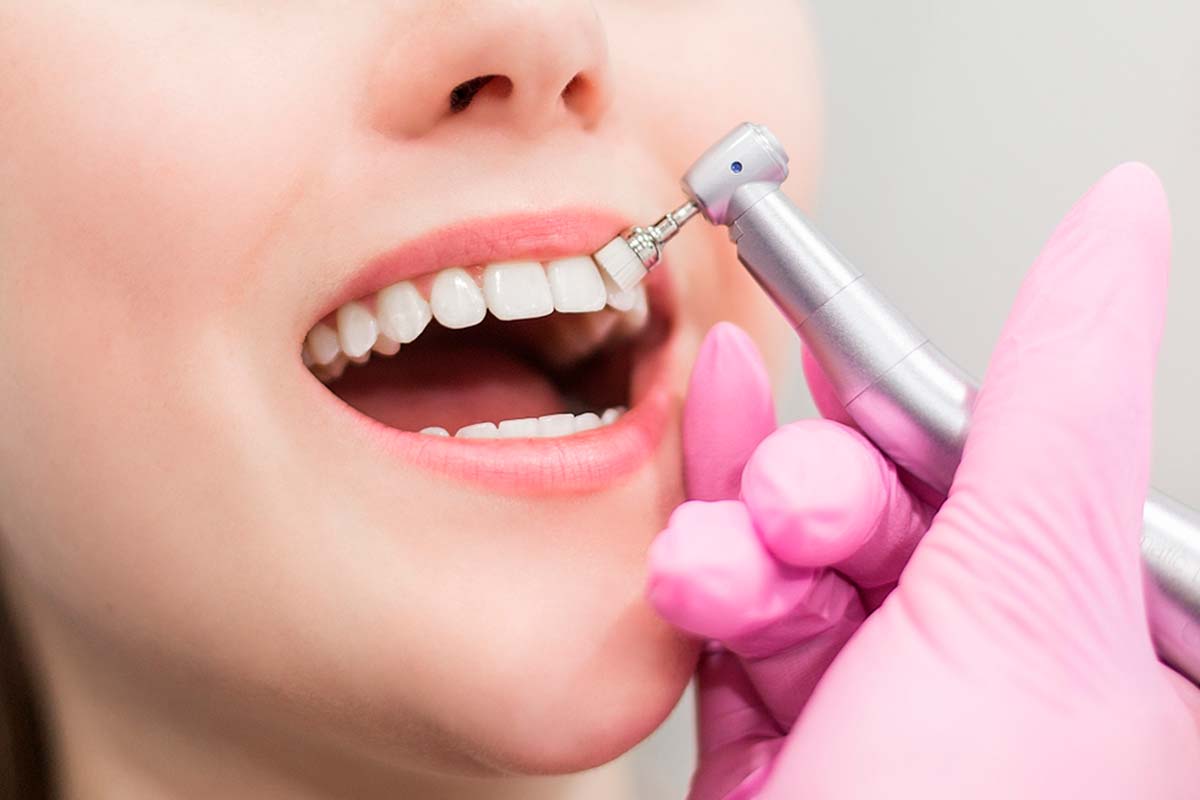
Child Teeth Cleaning
The first time your child will need to see their dentist for their pediatric needs is about 6 to 7 months, or once the baby teeth emerge. As soon as your child reaches 3-4 years old, they’ll require regular visits to the dentist. It is recommended that you take your child to see a pediatric dentist because they will make your child feel more comfortable and at ease. In addition, the welcoming environment will inspire your child to go to the dentist’s office often. During the cleaning, your dentist will also take care of any other issues. There are orthodontic issues that can be an issue.
Adult Teeth Cleaning
Adults with excellent Oral Hygiene, healthy gums, and teeth, or initial gingivitis with no bone loss should professionally clean their teeth at least once every 3 to 4 months. The procedure involves the removal of tartar, plaque, and bacteria and polishing your smile.
Deep Cleaning
If your dental health is in danger of gum disease, you’ll require deep cleaning. This kind of dental cleaning is more extensive and includes scaling and root planning. The procedure cleans the teeth and gums down to the root. For certain patients, dentists or hygienists may use a local anesthetic to make the gums and the teeth roots numb.
Periodontal Maintenance
Dental professionals utilize this method of cleaning to keep gum disease from developing. During cleaning, dental hygienists eliminate the colonies of plaque and tartar both above and below the gum line. They will also remove staining on your teeth and improve the breadth of your patients.
What is the Cost of Teeth Cleaning at a Dentist’s?
The cost of a dental cleaning is contingent on the type you’re looking for. A dental cleaning for children is approximately $100 (without insurance) and $30 ( with insurance). The cost of an adult dental cleaning without insurance and with insurance is $40 and $100 each. Periodontal care costs $150 without insurance and $85 with dental insurance. The most expensive option is deep cleaning, which costs about $300 with no insurance.
The reason why cleaning your teeth doesn’t increase the risk of viral infection
Because dental procedures can produce many aerosols, it’s been thought that the concentration of the patient’s saliva that has their teeth cleaned would be high in the air. But this is not the reality.
Researchers who conducted the study wanted to determine if aerosol droplets resulting from various teeth treatments contained saliva or even water from irrigation devices. The study was conducted with 28 patients receiving dental implants, dental restorations, or scaling from May 4 until July 10, 2020. Researchers collected samples of condensate that fell on dentists’ face shields, the bibs of patients, and other surfaces within six feet of the dental chair.
Microbes found in the irrigant (the water-based solution for cleaning used to cleanse the mouth) made up 78 percent of the bacteria that were found in the sample. Salivary bacteria were found in eight of the 28 instances. In the eight instances, the saliva was responsible for just 0.1 up to 1.2 percent of microbes found in the area. In addition, viruses were found in the saliva of 19 patients. However, they were inactive within air samples.
These results align with the findings published within the 2020 Journal of the American Dental Association that state that less than one percent of the viral infection positivity rate is linked to dentists’ offices.
Why are dental visits important?
Regular dental visits are included in the two crucial elements for maintaining good dental health. If you do not attend an annual check-up, you put yourself at a greater risk of dental issues.
The dental hygienist performed teeth cleanings
Dental cleanings do more than keep your teeth nice and polished; they also remove the bacteria that cause disease from your mouth and gums. Your hygienist gets to the parts in your mouth that you can’t and makes sure that your mouth is clear of the tartar and plaque build-up that causes gum disease and cavities. No one is a perfect flosser or brusher, and everyone can benefit from a professional dental cleaning. Regular professional teeth cleanings are vital for maintaining healthy oral health and preventing developing dental illnesses.
Take care of your teeth at home
- Stay hydrated to maintain good oral hygiene.
- Avoid eating foods that could easily scratch or break your fillings or teeth, like brittle candy and ice popsicles.
- Keep up with the recommended daily dental hygiene. Cleanse or floss at least twice every day and wash your mouth every day with mouthwash.
Possible steps for dental cleaning
Professional dental cleanings are scheduled two times a year, and X-rays usually occur every year. However, this is based on your dentist or hygiene professional’s opinions about your mouth. They could conduct other tests at the time of your visit. Dentists may recommend molar sealants to avoid cavities in difficult areas to clean for youngsters.
Whether you need to take different actions or not, the main thing is to continue going to your dentist regularly for dental visits to avoid issues. When you understand what’s going on beforehand, you’ll be more relaxed — and perhaps anticipate these visits.
Does dental cleaning hurt?
Most patients experience minor discomfort and pain when they get their teeth cleaned. Some reasons that could cause discomfort:
- Sensitivity to dental pain due to gum disease, gum inflammation, or tooth decay
- A long time interval between cleanings
- Problems with the temporomandibular ligament, which causes jaw pain
Patients should discuss any discomfort with the hygiene professional. The hygienist will permit the patient to rest or try another method to alleviate any pain in many cases.
Conclusion
While receiving a dental cleaning can be painful and uncomfortable for patients, the most common dental issues like gum disease or tooth decay may be more painful and will require more dental treatment in the long term. In addition, regular brushing and flossing will help prevent massive amounts of tartar and plaque build-up on your teeth, but having an expert cleaning performed every two years is crucial to remove any accumulation altogether.


